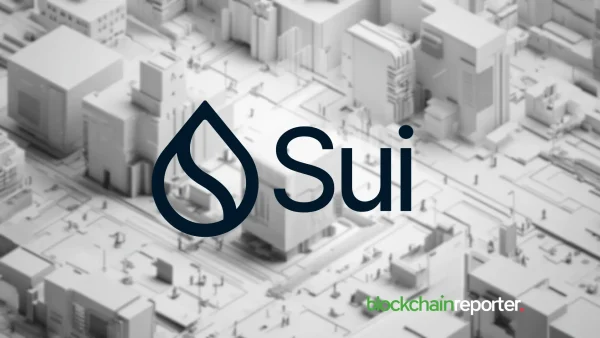
Leaked documents supposedly exposed HSBC involvement in fraudulent transfers of millions of dollars worldwide despite the knowledge of the same. However, the documents provided mere speculations, and the accusations are yet to be confirmed. The United Nations estimates that around $5.5 billion of money laundering funds goes into the legal system every day.
Allegedly, large, multinational banks that execute transfers aided the transactions. These undertakings go against their obligations to report any suspicious transactions within 30 days to the authorities.
Looking into Britain’s biggest bank, it transferred $80 million fraud money through its U.S. businesses to HSBC accounts in Hong Kong in 2013 and 2014. HSBC however, stated that it has always met its legal duties on reporting such activity.
Current Proposed Money Laundering Solutions Ineffective
The key points to preventing money laundering in the future seem like pushing the banks to report suspicious transactions faster, authorities doing their job, and improving international cooperation.
On Twitter, Sven Giegold institutions are not doing enough to identify and prevent money laundering. He describes it as a massive- scale government failure. He adds that the released report should be a wake-up call to strengthen joint money laundering supervision with a European FIU.
For the illusion of unattainable security and crime-fighting, we get two obvious and unavoidable results. The system loses billions while regulators and bankers gain substantial corruption power.
The proposed solutions are likely to increase controls and surveillance, which may lead to stricter AML/CTF rules. The new rules might erode democratic institutions and allow dictators to attain economical power. Eventually, it will get rid of all opposition and hence impose financial fascism. Besides, banking will become harder for poor people, undocumented people, and people on society’s fingers. This factor may bringing more harm than good.
Cryptocurrencies as a Lasting Solution
There is positive feedback for incorporating cryptocurrencies into daily transactions globally. Moreover, many countries hope to adopt cryptocurrencies and CBDCs in general.
Cryptocurrencies offer transparent transaction ledgers. Anyone can download the Bitcoin blockchain and see the small print of each transaction. Actual identities aren’t recorded, but blockchain monitoring tools can show transactions with identified parties. The process could work for both regulated wallets or ransomware operators.
Transaction trails on public blockchains would allows people to view the end-to-end history of funds flowing across cryptocurrency ecosystems; thus, providing a comprehensive audit trail of all transactions ever undertaken. Cryptocurrencies, hence, may provide a lasting solution to money laundering.








